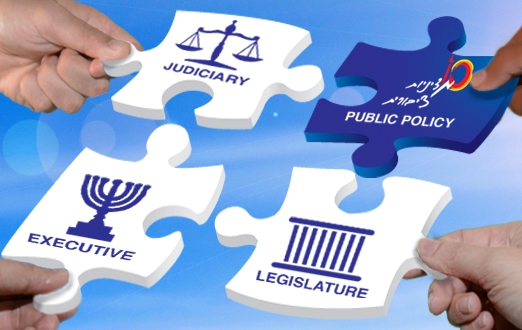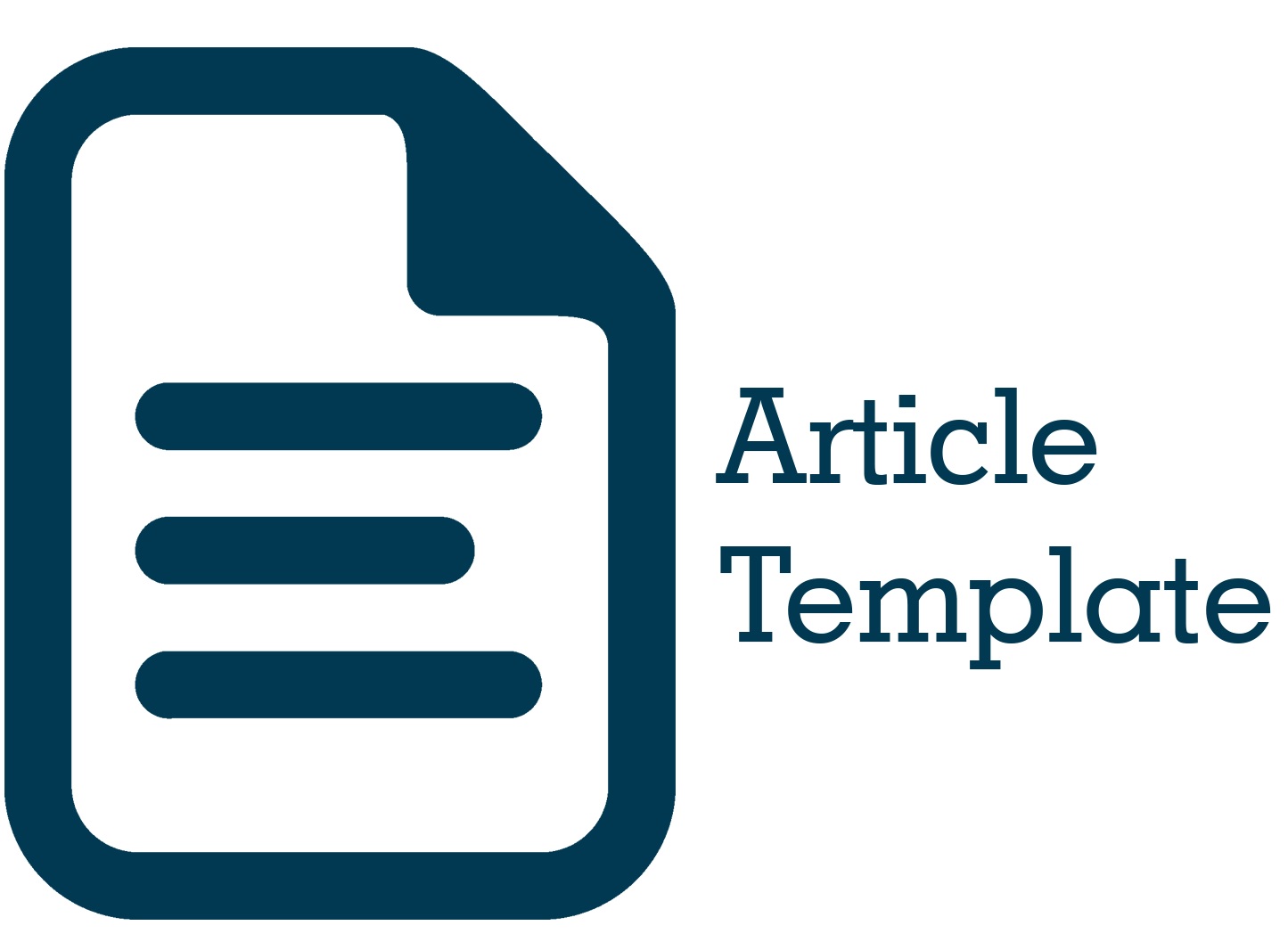Efek Moderasi Kontrol Diri pada Hubungan Sifat Materialisme Terhadap Pembelian Impulsif Online
DOI:
https://doi.org/10.51135/PublicPolicy.v1.i2.p115-136Keywords:
Materialism, self-control, online impulsive buyingAbstract
Abstrak
Penelitian ini bertujuan, (1) menguji pengaruh sifat materialisme terhadap pembelian impulsif online. (2) Menguji efek moderasi kontrol diri pada hubungan sifat materialisme terhadap pembelian impulsif online. Jenis penelitian ini merupakan riset causal. Unit analisis pada penelitian ini adalah individu dosen Universitas Kristen Indonesia Maluku (UKIM) selaku konsumen online shopping yang pernah melakukan pembelian impulsif secara online. Metode pengambilan sampel menggunakan metode nonprobabilitas, pengambilan sampel menggunakan teknik purposive sampling. Penentuan sampel berdasarkan pertimbangan (judgment sampling), dengan kriteria yakni, (1) dosen tetap Universitas Kristen Indonesia Maluku (UKIM), dan (2) dosen yang pernah melakukan pembelian impulsif secara online. Jumlah sampel yang dianalisis dalam penelitian ini sebanyak 48 orang. Analisis data menggunakan metode statistik Moderated Regression Analysis. Hasil penelitian membuktikan Sifat materialisme berpengaruh terhadap pembelian impulsif online. Sifat dosen UKIM selaku konsumen yang menekankan nilai pada materi, mementingkan diri sendiri, ingin memiliki banyak barang, dan merasa kepemilikikan tidak membuat bahagia meningkat, maka perilaku pembelian tampa berpikir akibat, pembelian spontan, pembelian terburu-buru, dan pembelian dipengaruhi keadaan emosional akan meningkat. Konsumen yang memiliki sifat materialisme tergolong konsumen berusia muda serta memiliki kecenderungan interaksi dengan media sosial yang tinggi berpotensi melakukan belanja impulsive secara online. Penelitian ini membuktikan Dampak moderasi kontrol diri sebagai pengontrol sifat konsumen dalam hal penilaian barang berdasarkan simbolik barang, status sosial, membangun status sosial dari pembelian suatu barang, serta prestise secara berlebihan. Dampak moderasi kontrol diri terbukti berkontribusi pada pengaruh sifat materialisme terhadap pembelian impulsif online.
Kata kunci : Sifat materialisme, kontrol diri, pembelian impulsif online.
Abstract
This study aims to (1) examine the effect of materialism on impulsive online purchases. (2) To examine the moderating effect of self-control on the relationship between materialism and impulsive online purchases. This type of research is a causal research. The unit of analysis in this study is an individual lecturer at the Indonesian Christian University of Maluku (UKIM) as online shopping consumers who have made impulsive purchases online. The sampling method using nonprobability method, sampling using purposive sampling technique. Determination of the sample based on judgment (judgment sampling), with the criteria namely, (1) permanent lecturers at the Indonesian Christian University of Maluku (UKIM), and (2) lecturers who have made impulsive purchases online. The number of samples analyzed in this study were 48 people. Data analysis used the statistical method of Moderated Regression Analysis. The results of the study prove that materialism affects impulsive online purchases. The nature of UKIM lecturers as consumers who emphasize the value of material, are selfish, want to have a lot of goods, and feel that ownership does not increase happiness, so the buying behavior without thinking results, spontaneous purchases, rush purchases, and emotional purchases will increase . Consumers who have materialistic characteristics are classified as young consumers and have a high tendency to interact with social media with the potential to do impulsive shopping online. This study proves the impact of moderation of self-control as a control for consumer behavior in terms of valuing goods based on symbolic goods, social status, building social status from purchasing an item, and excessive prestige. The impact of self-control moderation has been shown to contribute to the influence of materialism on impulsive online purchases.
Keywords: Materialism, self-control, online impulsive buying.
Downloads

Downloads
Published
How to Cite
Issue
Section
License
Authors whose manuscripts are published in the Journal of Public Policy must agree to the following terms;
- Publication rights for all manuscript materials published are held by the editorial board with the author's consent.
- The legal formalities for digital access to the Journal of Public Policy are subject to the Creative Commons Attribution Sharealike (CC BY SA) license, which means the Journal of Public Policy has the right to store, redistribute, reformat, manage in a database, maintain, and publish the manuscript without seeking permission from the author as long as the author's name is included as the copyright owner.
- Published manuscripts are open access for the purpose of disseminating research results. Besides this purpose, the editorial board is not responsible for copyright law violations.


.png)



